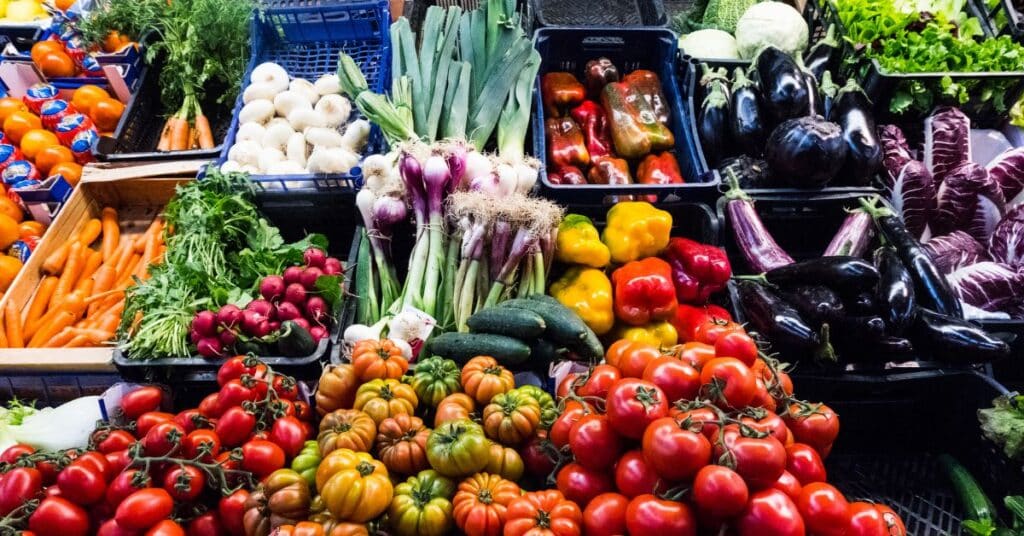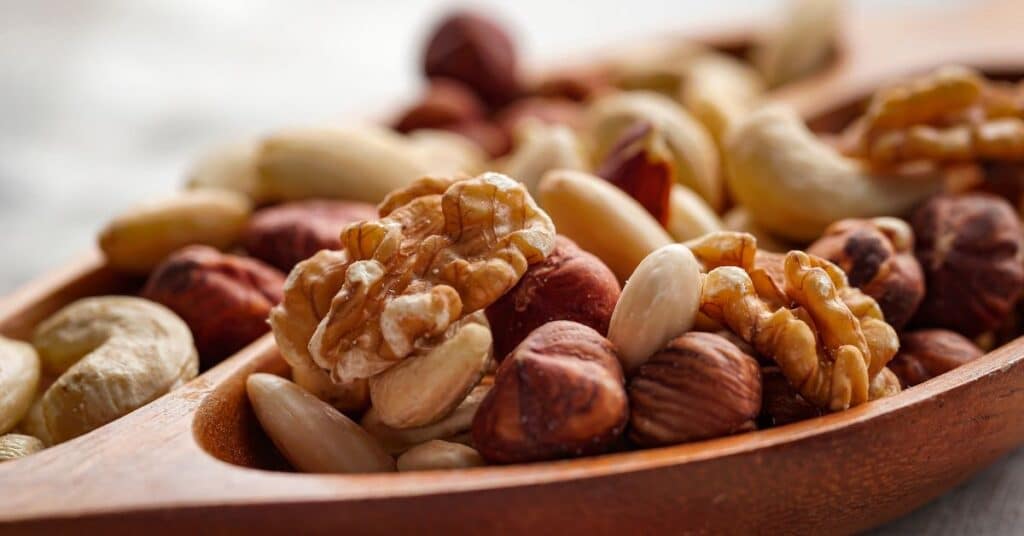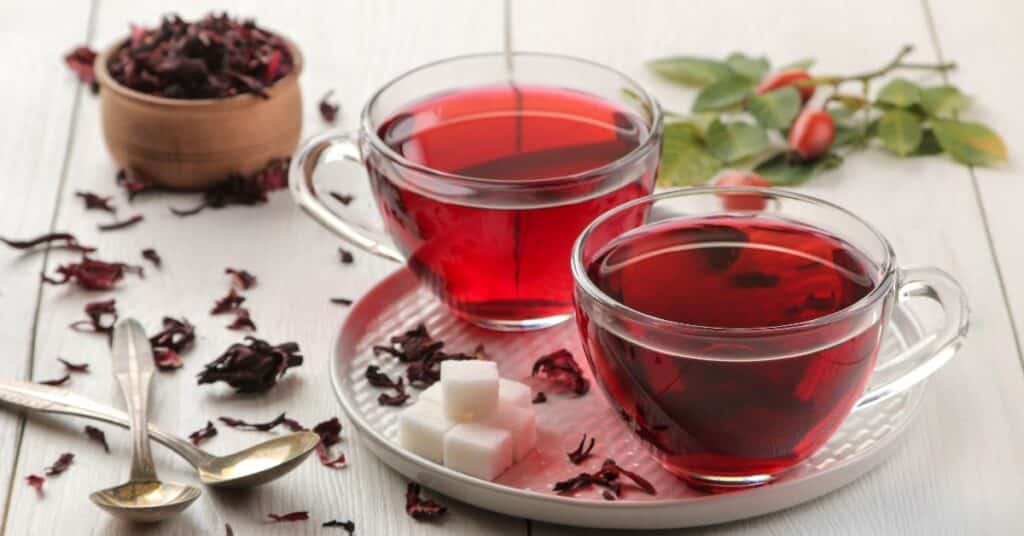High blood pressure, also known as hypertension, affects millions of people worldwide. This common condition can lead to complications including heart disease, kidney disease and stroke. However, this diagnosis doesn’t have to be a death sentence. There are variety of natural ways to reduce high blood pressure. And, simple dietary changes can go a long way in lowering blood pressure quickly.

Research on Hypertension and Understanding Its Impact on Your Health
Hypertension, often silent until it causes significant damage, exerts excessive pressure on artery walls. This condition elevates the heart’s workload, forcing it to pump harder to circulate blood through the body. Over time, this increased strain can weaken the heart and damage the circulatory system, laying the groundwork for potentially life-threatening conditions. The absence of symptoms makes regular monitoring vital to detect and address hypertension early. Long term elevated blood pressure may damage the heart, kidneys and brain. Your physician can help you monitor your blood pressure and a dietitian can help you make the necessary changes to your diet to reduce risk of complications.

The Role of Diet in Managing Blood Pressure
Dietary habits play a significant role as a natural way to reduce blood pressure. Opting for nutrient-rich foods over high-sodium and heavily processed options can significantly bolster heart health and mitigate risks associated with hypertension. Your go to foods should include vegetables, fruits, lean proteins and whole grains. These food categories will support the circulatory system. This dietary approach focuses on enhancing overall well-being while specifically targeting the reduction of blood pressure. A balanced diet rich in essential vitamins, minerals, and antioxidants aids in maintaining the elasticity of blood vessels, promoting efficient blood flow. Moreover, prioritizing foods that are low in saturated fats and cholesterol can prevent the buildup of plaque in arteries, further supporting cardiovascular health.

Key Dietary Changes to Naturally Reduce Your Blood Pressure
Making the appropriate dietary changes is a key natural way to reduce blood pressure. If you’ve found yourself wondering about foods to avoid with high blood pressure, slashing sodium consumption is imperative. A high-sodium diet can elevate blood pressure levels. Instead of relying on salt for flavor, explore herbs and spices to season your meals. Another pivotal change involves upping the intake of potassium-rich foods, which aid in negating the effects of sodium and promote a healthier heart rhythm. So go grab yourself a banana for snack!
The next step is to choose fats wisely. Incorporate sources of monounsaturated and polyunsaturated fats, found in foods like fish, nuts, and olive oil. These food sources enhance heart health and aid in reducing blood pressure.
Fiber is commonly addressed with digestive issues or weight management, but it also plays a critical role in heart health. Start monitoring your fiber intake by keeping a record of what you eat. Are you consuming whole grains, fruits and vegetables? If not, you’re probably not meeting your fiber goal. Aim to consume at least 25 grams of fiber daily for women and 38 grams daily for men. Keep in mind, most Americans consume less than 15 grams per day. So, there is a good chance that you’re not at your daily goal. Choose fiber and you will be on your way to a healthier heart.

The Power of Potassium in Controlling Hypertension
Potassium plays a vital role in managing hypertension by balancing out the negative effects of sodium and easing tension in the vascular walls, facilitating smoother circulation and reduced arterial pressure.
What foods are good for high blood pressure? The inclusion of potassium-rich foods in one’s diet is a strategic move towards stabilizing blood pressure. Foods like leafy greens, tomatoes, cucumbers, oranges, and cantaloupes, beyond those already mentioned, are excellent sources of this crucial mineral. Integrating these foods into daily meals can aid in the natural regulation of blood pressure.

Incorporating Heart-Healthy Fats Into Your Diet
Transitioning to a diet that includes heart-healthy fats is a crucial step towards managing hypertension and bolstering cardiovascular health. These fats, distinct from the saturated and trans fats found in many processed foods, offer anti-inflammatory benefits and are pivotal in maintaining the integrity of blood vessels. Avocados, for example, are rich in monounsaturated fats and can play a role in reducing blood pressure when integrated into a balanced diet. Similarly, the omega-3 fatty acids present in fish such as salmon and mackerel are known for their heart-protective properties, including lowering blood pressure. Seeds and nuts, including flaxseeds, chia seeds, walnuts, and almonds, are additional sources of beneficial fats. They not only contribute to a heart-healthy diet but also provide fiber and protein, which can aid in weight management—a key factor in hypertension control. Olive oil, particularly extra-virgin olive oil, is another cornerstone of a diet aimed at reducing hypertension. Its polyphenols and healthy fats contribute to decreased inflammation and improved endothelial function, which are essential for blood pressure regulation.
Introducing these heart-healthy fats into meals can be simple and delicious. Consider dressing salads with olive oil-based vinaigrette, adding avocado to smoothies or toast, or snacking on a handful of nuts instead of processed snack foods. By making these adjustments, individuals can enjoy a variety of flavors while working towards lowering their blood pressure naturally.

The Impact of Weight Loss on Blood Pressure
Shedding extra pounds goes beyond aesthetic appeal; it plays a critical role in reducing and managing hypertension. The relationship between body weight and blood pressure is linear, meaning as weight decreases, blood pressure tends to follow suit. This reduction alleviates the heart’s workload and minimizes the stress on arterial walls, contributing to healthier circulatory dynamics. Adopting a balanced, nutritious diet complemented by regular physical activity is key in achieving weight loss goals. Even modest reductions in weight can lead to significant improvements in blood pressure readings. For individuals carrying excess weight, each pound lost can be a step towards naturally lower blood pressure and a decrease in the risk of developing associated health complications. Engaging in activities such as walking, cycling, or swimming, in combination with dietary adjustments, can foster a conducive environment for weight loss. It’s also beneficial to incorporate strength training exercises to build muscle mass, which can increase metabolic rate and support weight loss efforts.

Other Ingredients That Naturally Regulate Blood Pressure
HIBISCUS – Hibiscus tea anyone? Hibiscus has been shown to lower blood pressure. A 2020 review (1) highlighted several studies that indicated a significant reduction in blood pressure with the consumption of hibiscus sabdariffa. This is not the most common form of hibiscus and may not be what is used at your local coffee store or by your favorite tea distributor. However, it can be found online and integrated into your daily routine.
GARLIC – Your best bet for flavor and heart health. Allicin which is found in garlic has been shown to lower blood pressure. Next time you reach for the butter, consider spreading roasted garlic on your piece of whole grain toast. You can even add garlic to your favorite guacamole, salad dressing or marinade or vegetable sauté.
HAWTHORN – This is a common practice of Chinese medicine. Hawthorn extract has been shown to reduce blood pressure levels when taken over a 10-12 week time period. Please note it may interact with other medications. Check with your medical provider before supplementing independently.
OLIVE LEAF EXTRACT – Derived from the olive leaf tree, this extract is starting to emerge as a potential player in the treatment of heart disease. The reviews of the literature (2) are highlighting this ingredient as a means to lower blood pressure as well as other cardiovascular markers. Check with your medical provider before supplementing to ensure there is no contraindication for supplementation.
If you’re looking to manage your blood pressure and want specific guidance on dietary changes that support heart health, consider reaching out to a registered dietitian. A professional can work with you to develop a personalized plan that fits your lifestyle and health goals, including natural ways to reduce your blood pressure. Please contact me here or book a free consultation here to discuss your current health needs and how we can work together to lower your blood pressure naturally.

